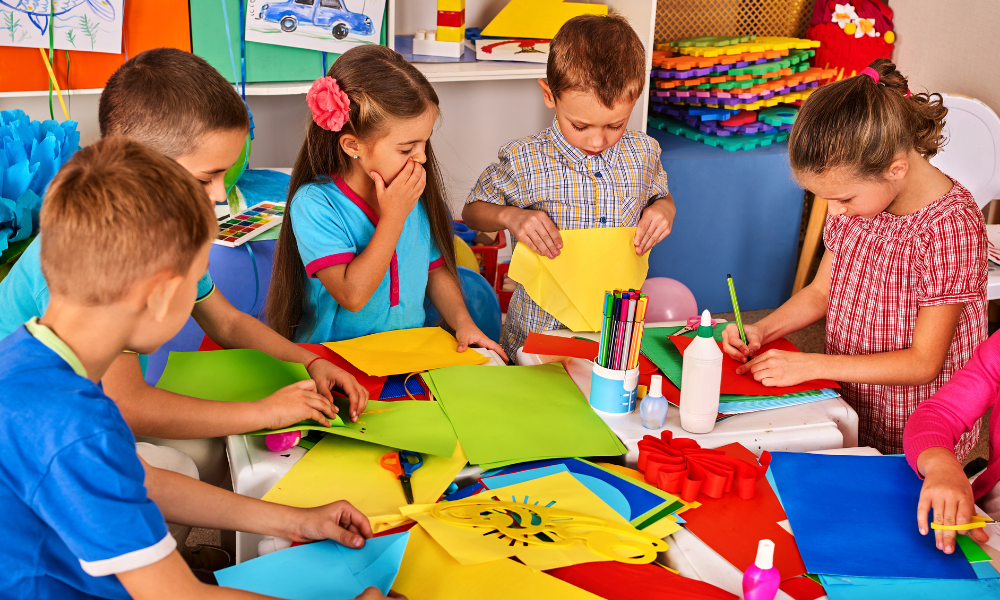Contents
The Importance of Play in Child Development: Nurturing Growth Through Play: Unleashing the Transformative Power of Play in Child Development
Introduction:
In the fast-paced digital age, where academic achievements and structured activities often take center stage, the significance of play in child development should not be underestimated. Play is not just a frivolous activity; it’s a fundamental aspect of a child’s growth, contributing to their physical, cognitive, emotional, and social development. This article explores the multifaceted benefits of play and sheds light on how it fosters holistic development in children.
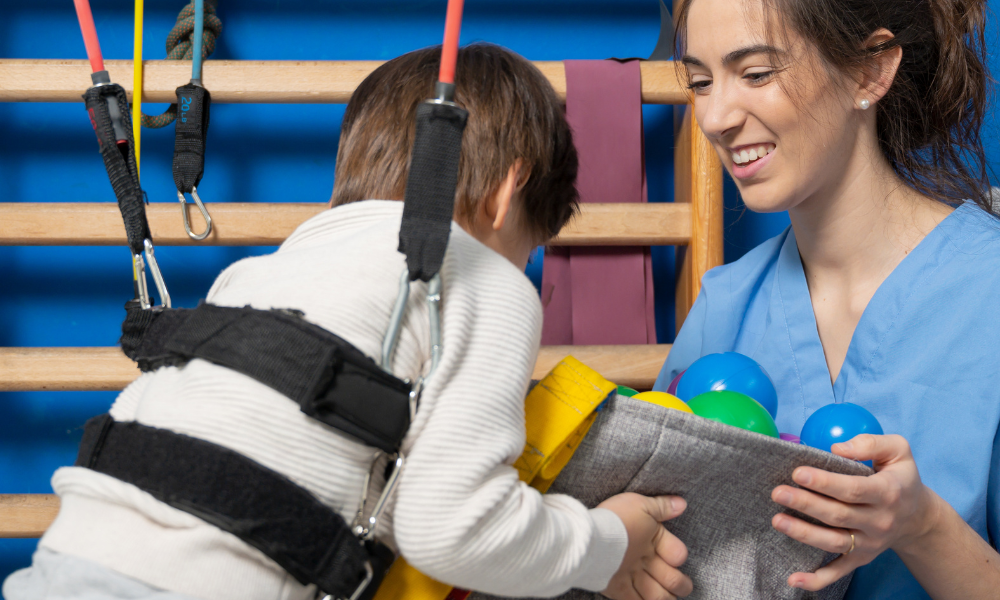
The Cognitive Benefits of Play:
Enhancing Problem-Solving Skills
Play encourages children to explore and experiment, fostering critical thinking and problem-solving abilities. Whether it’s building a tower with blocks or solving puzzles, these activities stimulate their cognitive processes and help them learn how to approach challenges.
Boosting Creativity and Imagination
Unstructured play allows children to unleash their imagination and creativity. Whether they’re pretending to be pirates on a make-believe adventure or constructing a fantastical world in a sandbox, these imaginative experiences nurture their creative thinking and storytelling skills.
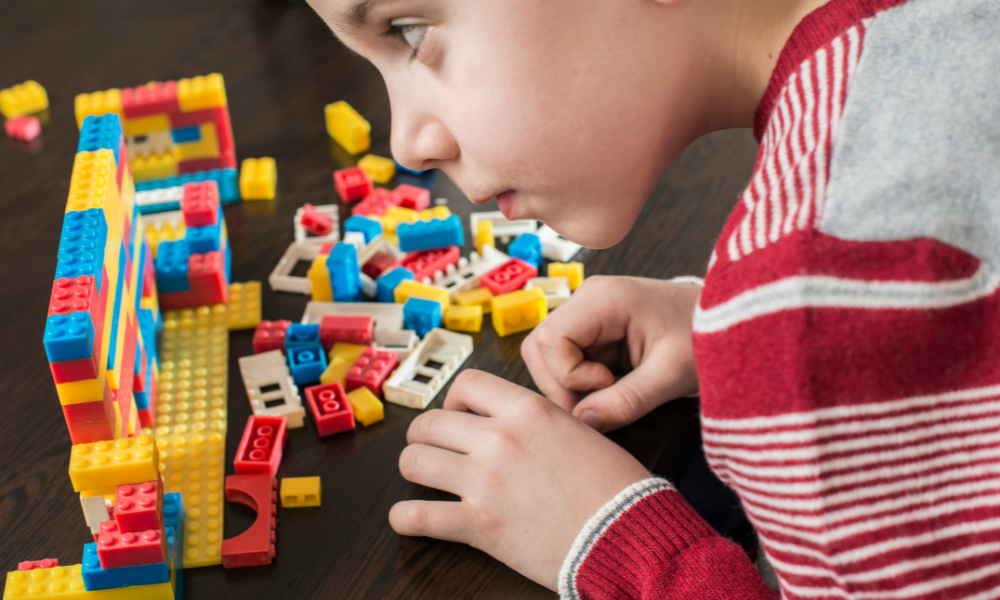
The Emotional Impact of Play:
Developing Emotional Intelligence
Play provides a safe space for children to express and process their emotions. Through role-playing and interacting with peers, they learn to understand their feelings and develop empathy, an essential component of emotional intelligence.
Building Confidence and Self-Esteem
Engaging in play helps children build confidence as they overcome obstacles and achieve small victories. Mastering new skills, whether it’s riding a bicycle or conquering the monkey bars, boosts their self-esteem and sense of accomplishment.
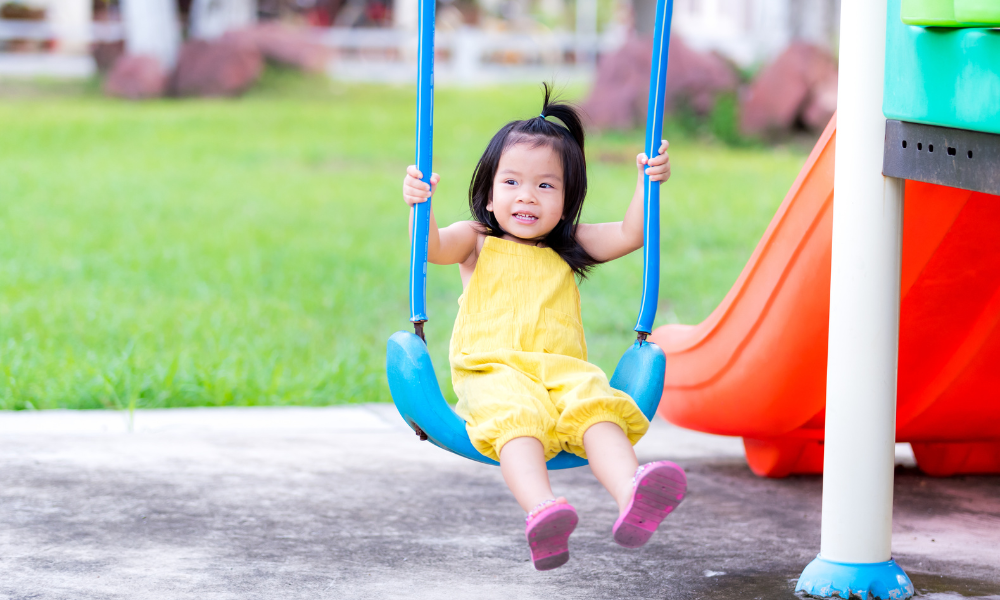
Social Skills and Play:
Learning Cooperation and Teamwork
Group play activities teach children how to cooperate, share, and negotiate with others. They learn to work together to achieve common goals, laying the foundation for effective teamwork in the future.
Practicing Communication Skills
Play requires communication, whether it’s negotiating roles in a game or expressing ideas during imaginative play. These interactions hone children’s verbal and non-verbal communication skills, aiding their ability to express themselves clearly.
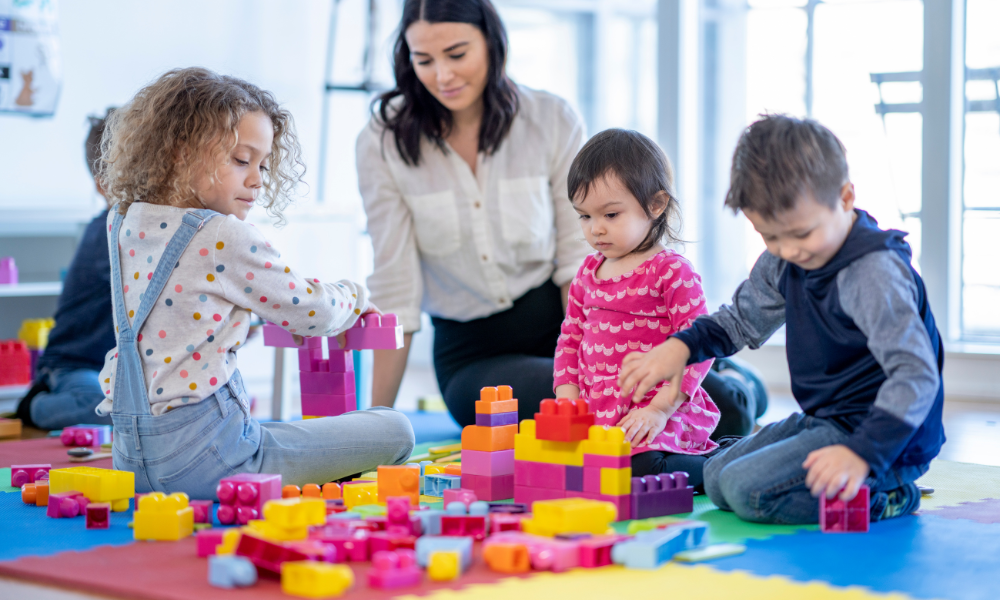
The Physical Benefits of Play:
Developing Gross and Fine Motor Skills
Active play, such as running, jumping, and climbing, contributes to developing gross motor skills. On the other hand, fine motor skills are refined through activities like drawing, building with small blocks, and playing with puzzles.
Promoting an Active Lifestyle
Engaging in physical play sets the foundation for a healthy lifestyle. When children enjoy being active from a young age, they are more likely to prioritize physical activity as they grow older.
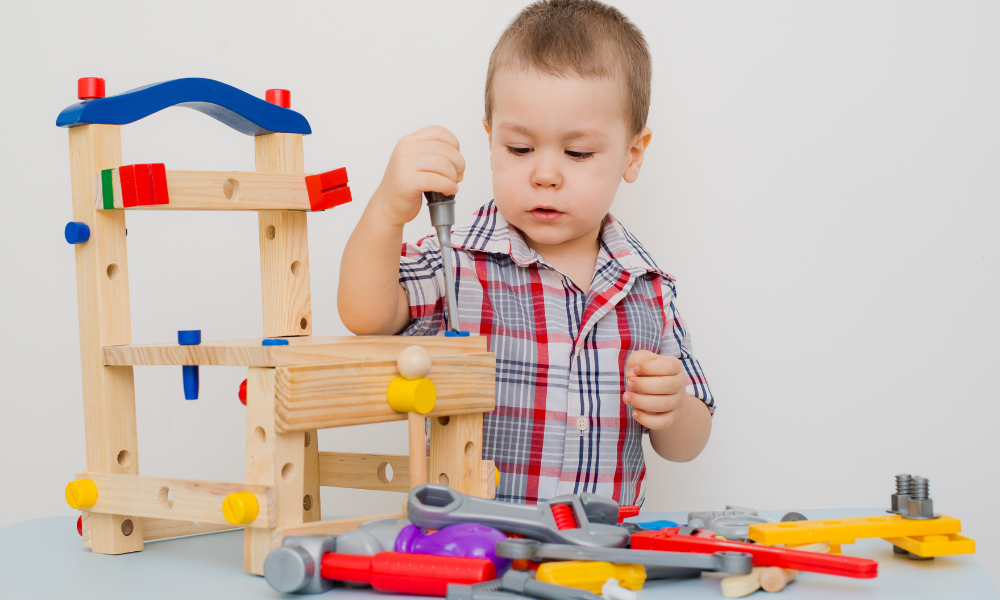
Based on the topic of my blog, I have some fantastic suggestions for developing your much-loved child that I hope you’ll find helpful. These items will not only help your child develop and grow but will also make them happy.
LEGO Classic Large Creative Brick Box: Children’s imaginations and creativity will flourish as they construct unique models from the bright LEGO bricks in this set.
Melissa & Doug Wooden Building Blocks Set: These wooden blocks are great for imaginative play and the practice of fine motor skills and problem-solving.
Play-Doh Modeling Compound: Young children can engage in imaginative and creative play by molding and shaping objects out of Play-Doh.
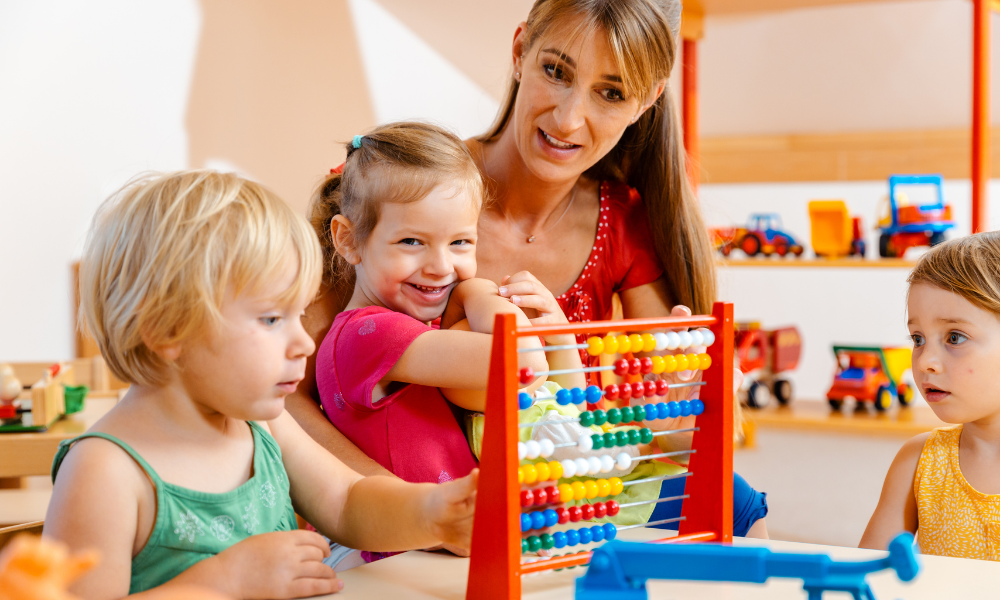
Melissa & Doug Let’s Play House! Pretend Play Set: Children’s social and emotional development can benefit from this toy’s invitation to take on different roles and express their feelings.
Educational Insights Design & Drill Activity Center: Children can develop their fine motor skills and their imaginations while having a blast with this toy.
The Game of Life: Junior Board Game: The social interaction, decision-making, and strategic thinking that are fostered by games like The Game of Life: Junior is invaluable.
Crayola Inspiration Art Case: Children can express themselves creatively and hone their fine motor skills with the help of this art set.
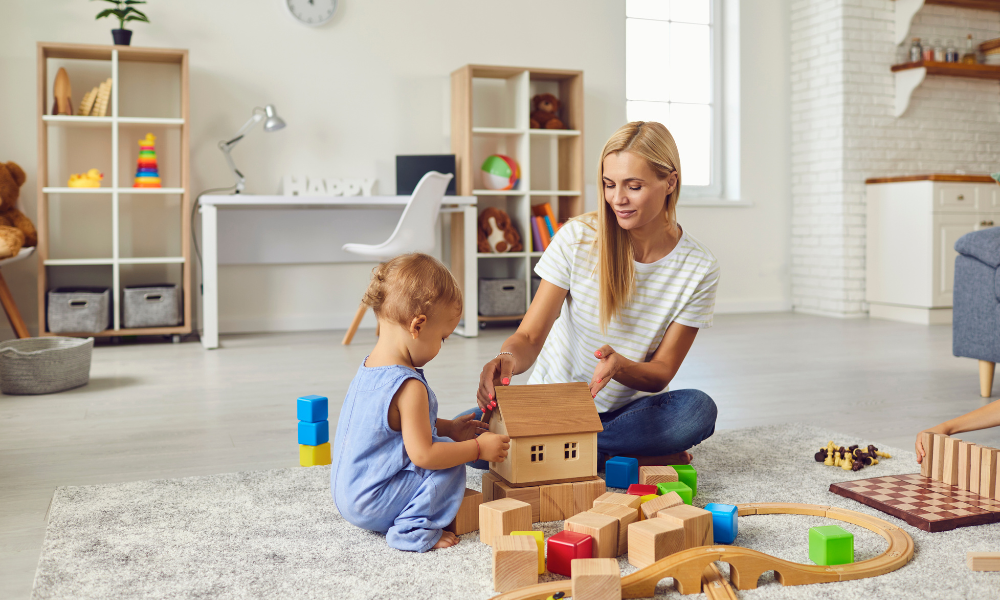
Little Tikes Easy Score Basketball Set: This basketball set teaches teamwork and motor skill development while encouraging exercise and physical fitness.
Step 2 Naturally Playful Sand Table: This sand table is a wonderful addition to any child’s playroom because of the tactile stimulation it provides and the opportunities it provides for creative play.
Learning Resources Pretend & Play Calculator Cash Register: This play cash register is great for teaching kids about money and basic math concepts while also inspiring their imaginations.
Now is the time to dive in and find some amazing items that your child will adore.
Conclusion and Final Thoughts
All in all, the substance of play in kid improvement rises above simple diversion, filling in as a crucial channel for comprehensive development across mental, profound, social, and actual spaces. The horde advantages of play, going from supporting critical thinking abilities and imagination to cultivating the capacity to understand people on a profound level and actual prosperity, highlight its indispensable job in a youngster’s excursion towards turning into a balanced person. By embracing the multi-layered nature of play, we can open the maximum capacity of our kids, directing them through a way of disclosure and discovering that is however euphoric as it seems to be enhancing.
The undertaking before us, as watchmen of the cutting-edge turn of events, is to support the reason for play. We should guarantee that our kids manage the cost of the opportunity and assets to investigate the world through play, adjusting the computerized with the physical and the organized with the free. In doing so, we lay the foundation for a future where our youngsters flourish in their accomplishments as well as succeed in figuring out themselves and associating with their general surroundings.
Allow this article to serve not similarly as a call to perceive the significance of play but as an inspiration to incorporate it into our kids’ regular routines effectively. Embrace play as a crucial component of life as a youngster, and watch as your kid blooms into a sure, inventive, and sympathetic person. An opportunity to act is presently present; let us focus on play today for a more splendid, more energetic tomorrow.
FAQs: The Importance of Play in Child Development
Why is play important for child development?
Play is crucial for child development as it contributes to cognitive, emotional, social, and physical growth. It helps children develop problem-solving skills, creativity, emotional intelligence, and social skills.
What types of play are beneficial for children?
Both structured and unstructured play are beneficial for children. Structured play, such as organized sports, provides discipline and teamwork, while unstructured play allows for creativity and imagination.
How can parents encourage play in their children’s lives?
Parents can encourage play by providing age-appropriate toys and games, setting aside dedicated playtime, and joining in on play activities to foster bonding.
Can technology-based play have any positive effects on child development?
While technology-based play can offer educational benefits, it’s essential to balance screen time with other forms of play to promote overall development and physical activity.
At what age should children start engaging in play activities?
Children can engage in play activities from infancy. Play evolves as they grow older, adapting to their developmental stages and interests.
